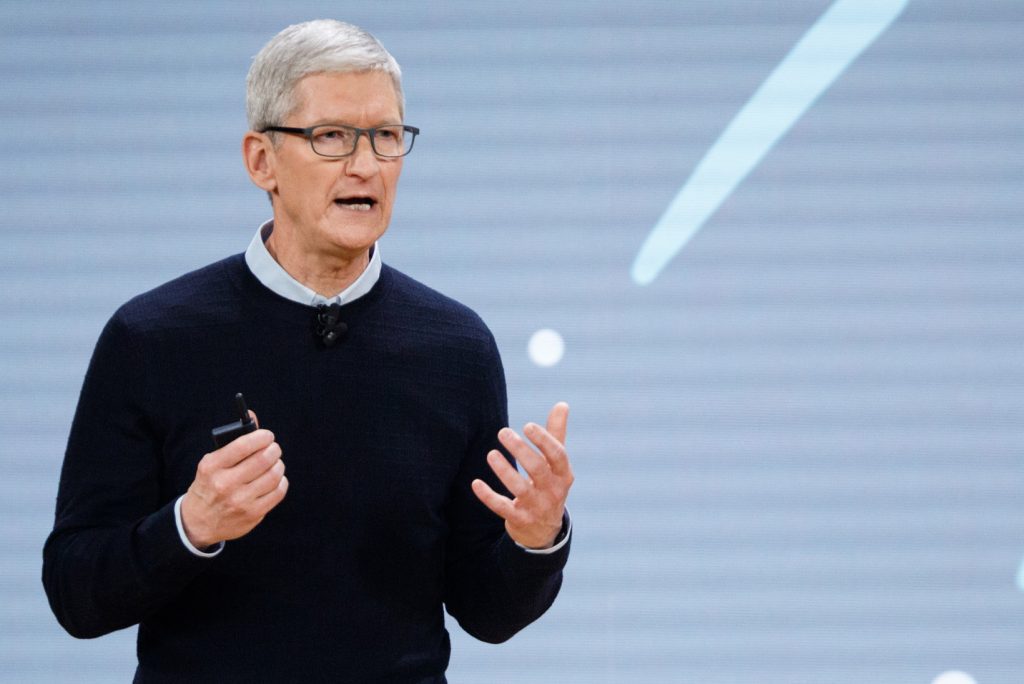June 26, 2023
Market capitalisation of the top technology companies has fallen for the first time since 2016, decreasing 8% overall amid a challenging macroeconomic environment.
The first drop in technology value for seven years signals potential trouble ahead with the majority of all major vendors and providers impacted.
That’s according to PwC’s Global Top 100 Companies report, which ranks the largest public companies by market capitalisation in US dollars – spanning a 12-month period from 31 March 2022 to 31 March 2023.
Intel ranked as the worst performing company within the sector, decreasing 33% in market capitalisation. Despite not being specifically categorised as Information Technology, Amazon.com (Consumer Discretionary) suffered a drop of 36% while Alphabet (Communication Services) decreased 28%.
The top two most valuable companies in the world – Apple (-8%) and Microsoft (-7%) – were hit by single-digit value declines. This is in addition to Adobe (-18%), Qualcomm (-17%), Accenture (-15%) and Samsung (-15%), as well as AMD (-11%), Cisco (-8%) and Salesforce (-5%).

Bucking the trend with double-digit value growth was enterprise software in the form of Oracle (14%) and SAP (11%) while other marginal gains included Broadcom (4%), Honeywell (4%) and Nvidia (0.1%).
The collective drop in value comes despite a rally for technology during the first quarter of 2023. But the sector grew its share as a percentage of the Global Top 100 – from 27% to 28% year-on-year – maintaining its top position in the Global Top 100.
“Challenging market conditions over the last year have clearly impacted the world’s biggest companies,” noted Stuart Newman, Global IPO Centre Leader at PwC. “However, rebounds for most sectors in the first quarter of 2023 and the growth of companies in Europe are cause for cautious optimism.”
According to Doug Anmuth – Managing Director, Internet Analyst at J.P. Morgan – the top technology players continue to face a “myriad of challenges”, including macro pressures, increased competition, supply chain woes and bloated cost structures.
“However, every cloud has a silver lining,” he noted. “Companies are now rethinking their business strategies and this could pave the way for a more sustainable era.”
Overall, key opportunities include rightsizing cost structures through headcount reduction and greater operating discipline, increasing focus on profits and cash flow, leaning responsibly into new growth drivers and gaining market share during this tough macro period.
“Expectations have become more reasonable, and companies should lap some of the pressures felt in 2022,” Anmuth added.
Trillions in market value wiped
More broadly speaking, market capitalisation of the global top 100 companies declined by 11% in 2023 – equivalent to almost US$3.8 trillion. Newman said this represented the first yearly decline since 2016 and the “greatest drop” since the global financial crisis of 2009 (-39%).
“A challenging macroeconomic environment caused by ongoing tightening of fiscal policy, high inflation, and uncertainty surrounding the United States and European banking sector have weighed on equity markets globally,” he added.
Unsurprisingly, there were no direct entrants to the Global Top 100 as a result of an IPO this year, in line with the subdued IPO market globally. From March 2022, 91 companies maintained their position in the 2023 list – seeing more stability in the Global Top 100 in 2023 than the previous year.
The top five companies remain unchanged in the form of Apple (1), Microsoft (2), Aramco (3), Alphabet (4) and Amazon.com (5).
“But for the first time in 10 years all of them saw a fall in market cap, which accounted for 50% of the overall market cap drop this year,” Newman observed. “Q1-23 performance for Apple, Microsoft, Alphabet and Amazon was strong, reversing some of the losses incurred to Dec-22.
“Aramco was ranked second at Dec-22 and despite posting record annual profits in excess of $160 billion, it couldn’t keep pace with Microsoft’s Q1-23 share price increase, ending the year as the third largest company in the list.”
As the largest contributor to the Global Top 100, the US was the main driver of this decrease – dropping US$2.9 trillion in value – however retained its number one spot as a share of the list, ahead of Saudi Arabia and China.
Europe outperformed all other regions, increasing its share of the Global Top 100 from 10% in 2022 to 13% in 2023, moving up to second spot on the regional list.
At the industry level on a like-for-like basis, all key sectors declined in market capitalisation, led by consumer discretionary (-23%), communication services (-18%), financials (-11%), and energy (-10%). Financials and Consumer Discretionary accounted for 56% of the total fall in market capitalisation.
Inform your opinion with executive guidance, in-depth analysis and business commentary.